Filter by
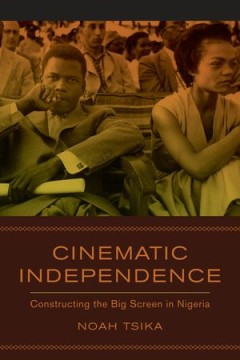
Cinematic Independence: Constructing the Big Screen in Nigeria
Cinematic Independence traces the emergence, demise, and rebirth of big-screen film exhibition in Nigeria. Film companies flocked to Nigeria in the years following independence, beginning a long history of interventions by Hollywood and corporate America. The 1980s and 1990s saw a shuttering of cinemas, which were almost entirely replaced by television and direct-to-video movies. However, after…
- Edition
- -
- ISBN/ISSN
- 9780520386105
- Collation
- -
- Series Title
- -
- Call Number
- 791.43 TSI c
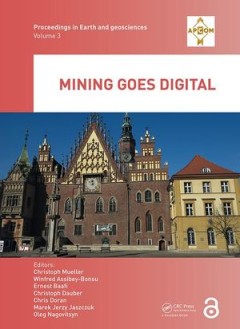
Still Thriving: On The Importance of Aranye Fradenburg
he work of L.O. Aranye Fradenburg, especially her psychoanalytic criticism of Chaucer, and her formulations of discontinuist historical approaches to the Middle Ages, has been extremely influential within medieval studies for the past 20 or so years. More recently she has been focusing on more broad defenses of the humanities, especially with regard to the valuable role of literary studies rela…
- Edition
- -
- ISBN/ISSN
- 9780988234031
- Collation
- -
- Series Title
- -
- Call Number
- -

Stealing the Club From Hercules: On Imitation in Latin Poetry
In this book, conceived as a sort of Prolegomena to his two Teubner editions, Conte gives account of his choices in editing his Virgilian text. Engaging in a passionate debate with his predecessors and critics, he guides the reader in a fascinating journey in the history of transmission and interpretation of Georgics and Aeneid and shows how lively textual criticism can be.
- Edition
- -
- ISBN/ISSN
- 9783110472202
- Collation
- -
- Series Title
- -
- Call Number
- -
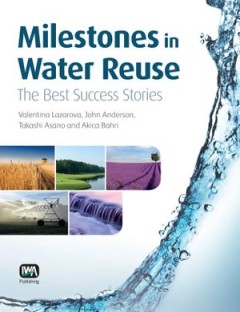
Stanislaw Brzozowski and the Migration of Ideas
As a writer, critic, and philosopher, StanisÊaw Brzozowski (1878–1911) left a lasting imprint on Polish culture. He absorbed virtually all topical intellectual trends of his time, adapting them for the needs of what he saw as his primary mission: the modernization of Polish culture. The essays of the volume reassess and contextualize Brzozowski's writings from a distinctly transnational vant…
- Edition
- -
- ISBN/ISSN
- 9783839446416
- Collation
- -
- Series Title
- -
- Call Number
- -
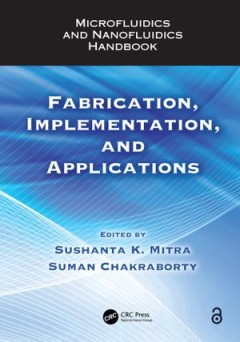
Staging America: Twenty-First-Century Dramatists
A new generation of playwrights, whose careers began in this century, has emerged, and done so when American theatre and society was changing. Capturing the cultural shifts of 21st-century America, Staging America explores the lives and works of 8 award-winning playwrights – including Ayad Akhtar, Stephen Adly Guirgis, Young Jean Lee and Quiara Alllegría Hudes – whose backgrounds reflect t…
- Edition
- -
- ISBN/ISSN
- 9781350127548
- Collation
- -
- Series Title
- -
- Call Number
- -
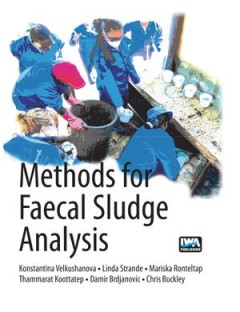
Spenserian Satire: A Tradition of Indirection
Scholars of Edmund Spenser have focused much more on his accomplishments in epic and pastoral than his work in satire. Scholars of early modern English satire almost never discuss Spenser. However, these critical gaps stem from later developments in the canon rather than any insignificance in Spenser's accomplishments and influence on satiric poetry. This book argues that the indirect form of s…
- Edition
- -
- ISBN/ISSN
- 9780719088087
- Collation
- -
- Series Title
- -
- Call Number
- -
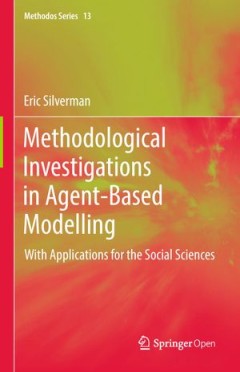
The Speed Handbook: Velocity, Pleasure, Modernism
Speed, the sensation one gets when driving fast, was described by Aldous Huxley as the single new pleasure invented by modernity. The Speed Handbook is a virtuoso exploration of Huxley’s claim. Enda Duffy shows how the experience of speed has always been political and how it has affected nearly all aspects of modern culture. Primarily a result of the mass-produced automobile, the experience o…
- Edition
- -
- ISBN/ISSN
- 9781478090748
- Collation
- -
- Series Title
- -
- Call Number
- -
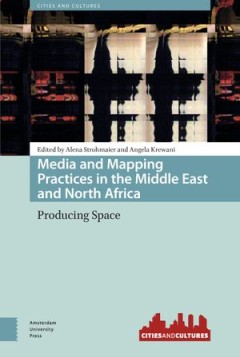
Speculative Medievalisms: Discography
Proceedings from the two Speculative Medievalisms symposia, held at King’s College London (Jan. 2011) and The Graduate Center, City University of New York (Sep. 2011), and organized by The Petropunk Collective (Eileen Joy, Anna Klosowska, Nicola Masciandaro, and Michael O’Rourke). These interdisciplinary events were dedicated to dialogue and cross-contamination between traditional concepts …
- Edition
- -
- ISBN/ISSN
- 9780615749532
- Collation
- -
- Series Title
- -
- Call Number
- -
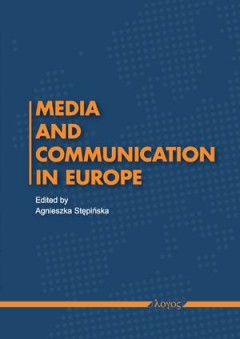
Spatial Boundaries, Abounding Spaces: Colonial Borders in French and Francoph…
Colonial expansion and spatial grammar in French-language works from different historical and national contexts Colonialism advanced its project of territorial expansion by changing the very meaning of borders and space. The colonial project scripted a unipolar spatial discourse that saw the colonies as an extension of European borders. In his monograph, Mohit Chandna engages with narrations…
- Edition
- -
- ISBN/ISSN
- 9789461663832
- Collation
- -
- Series Title
- -
- Call Number
- -
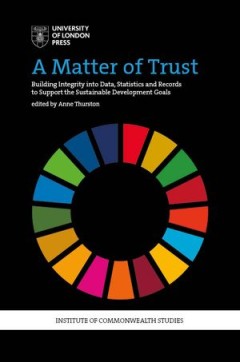
Spanish Perspectives on Chicano Literature: Literary and Cultural Essays
Spanish Perspectives on Chicano Literature and Culture: Literary and Cultural Essays explores how Spanish literary critics from the U.S. and Spain view and study Chicano literature and culture, and reflects on Chicano literature's literary place in 21st century America and its transnational aspirations.
- Edition
- -
- ISBN/ISSN
- 9780814213438
- Collation
- -
- Series Title
- -
- Call Number
- -
 Computer Science, Information & General Works
Computer Science, Information & General Works  Philosophy & Psychology
Philosophy & Psychology  Religion
Religion  Social Sciences
Social Sciences  Language
Language  Pure Science
Pure Science  Applied Sciences
Applied Sciences  Art & Recreation
Art & Recreation  Literature
Literature  History & Geography
History & Geography